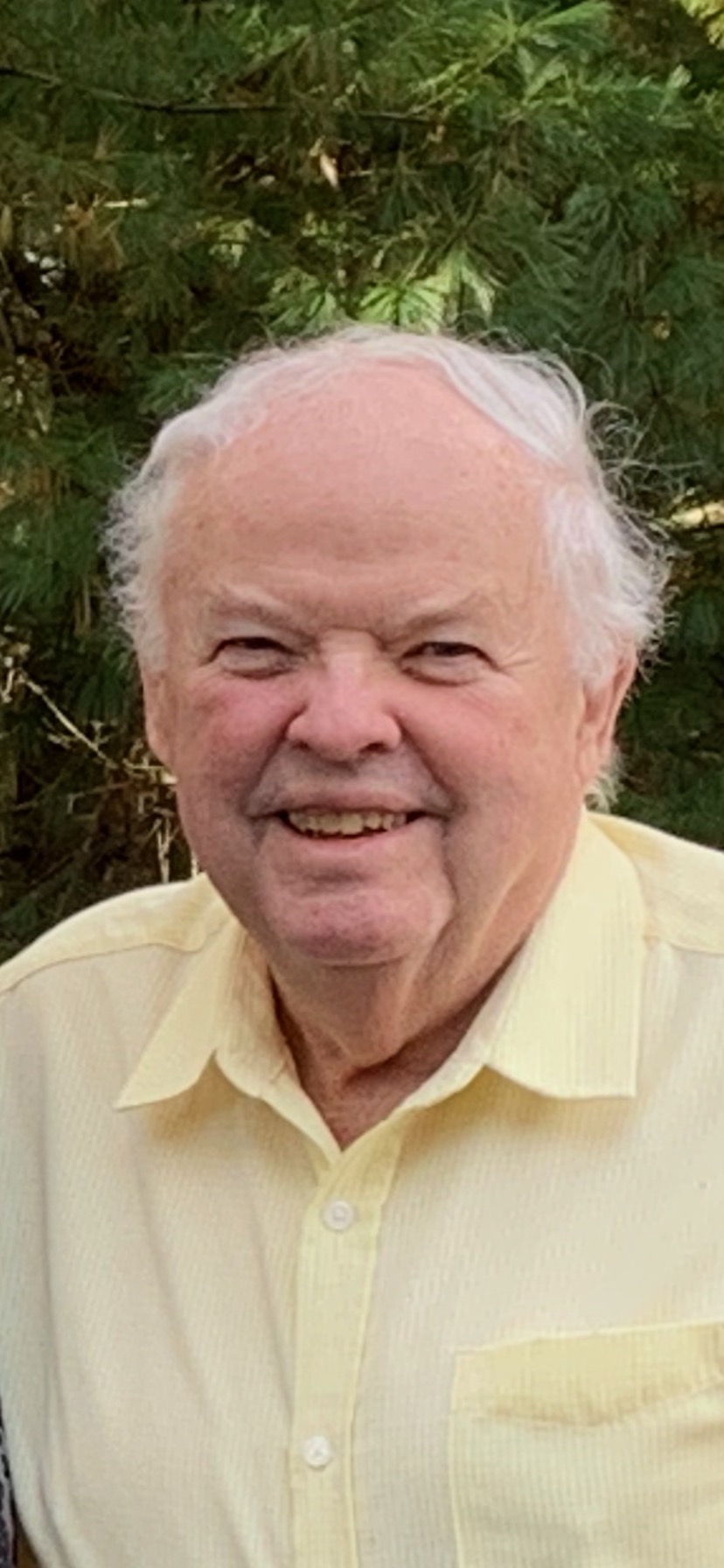Helping R.I. with hazardous waste ‘rewarding’ for John P. Leo
John P. Leo has devoted his life to help handle toxic waste and protect residents in Rhode Island. PHOTO CONTRIBUTED BY: Michelle Shea
From his time scuba diving for plants, assessing radioisotopes, and assisting in research, University of Rhode Island alum John P. Leo was able to utilize his critical-thinking and problem-solving skills to assist Rhode Island in handling hazardous waste for 45 years.
“It’s important to prevent people from putting themselves at risk needlessly,” Leo said. “My favorite accomplishment is basically letting the state understand about hazardous waste materials.”
Leo, class of ‘68, is originally from New York City and helped change the way in which Rhode Island handled and regulated hazardous material, as he was involved in creating Rhode Island’s Hazardous Materials Team. He recently retired from his career in Dec. 2021.
After graduating from Drew University in Madison, New Jersey, Leo received the National Defense Education Act Fellowship, which provided funding to help students continue their education beyond high school. He then decided to pursue his graduate degree at URI where he focused on marine biology with a concentration in marine botany. He was able to gain hands-on experience and enhance his knowledge on such topics.
“The primary reason for an education in college is to learn how to do things, not how to do one particular thing,” Leo said. “The more you are able to accomplish what you’re tasked with, the better in life you’ll be.”
Leo enlisted in the Navy for four years during his 20s but continued to pursue a career in the scientific field afterward. Around 1973, he got a job in the Rhode Island Department of Health as a toxicologist. He worked there for six years until the Rhode Island Department of Natural Resources, which later became the Rhode Island Department of Environmental Management (RI DEM), was looking for a chemist.
He started sampling landfills to detect whether or not hazardous waste was present. However, since Rhode Island had no regulations preventing hazardous waste from being placed in landfills, people from other states began dumping their garbage into Rhode Island’s landfills. This in turn caused problems such as water contamination.
“As we got more and more involved in this, it became more obvious that the state had to do something when there were problems out there,” Leo said. “At that point in time, I realized I think I have a new career dealing with hazardous waste.”
Leo started as an inspector but ended up creating the emergency response section of the department, along with other programs. This program handled cases ranging from spills, pesticides, powder and more.
“That was one of those interesting things where I didn’t know from one day to the next what I’m going to end up dealing with,” Leo said. “One of the most rewarding is doing cleanups in schools.”
Other programs involved Leo going around different schools to examine what chemicals they had and create lists of safe and hazardous materials. He informed science teachers which materials were safe and which materials they did not need, such as for chemistry classes.
Under his position, he also advised organizations on what to do. Leo closely worked with Rhode Island fire departments and helped train hazmat teams on how to properly handle hazardous waste. Leo’s department provided proper hazmat equipment as well.
About five years ago, he returned to URI to assist in a program and help train engineers on how to respond to hazardous materials.
“Having such a long career and in the same place, I would go to him for advice,” Michelle Shea, Leo’s step-daughter, said. “Where he started, it’s been a journey because you don’t know where you’re going to end up, but he ended up where he should have been.”
Reflecting on the 45 years he worked in the hazardous waste field, Leo enjoyed solving problems and helping inform the state of Rhode Island. He was able to help establish programs to ensure safety, along with building relationships with those he helped.





